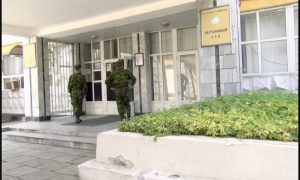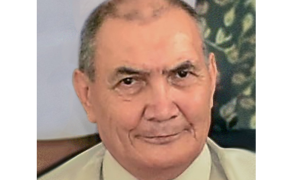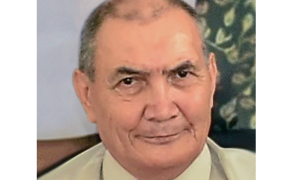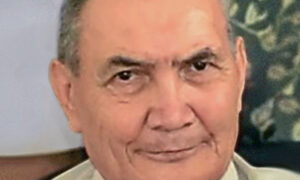The criminal trial of 19-year-old Jehovah’s Witness conscientious objector Jovidon Bobojonov for refusing compulsory military service on grounds of conscience could begin at Dushanbe Military Court in early March. If convicted, he faces between two and five years in prison. He has become “emotionally and physically exhausted” since he was seized in October 2019, Jehovah’s Witnesses say.
In late January, officials transferred Bobojonov from the military unit where he had been confined for nearly four months to Dushanbe’s Investigation Prison. Military Prosecutors opened a criminal case against him over his refusal to perform compulsory military service on grounds of conscience.
Jehovah’s Witnesses are conscientious objectors to military service and their beliefs do not allow them to undertake any kind of activity supporting any country’s military. But they are willing to undertake an alternative, totally civilian form of service, as is the right of all conscientious objectors to military service under international human rights law.
“Jovidon Bobojonov has become emotionally and physically exhausted since the time he was forcefully kidnapped from his home by military officers on 4 October 2019,” Jehovah’s Witnesses complained to Forum 18 on 25 February (see below).
Asked why the Judge at Dushanbe Military Court ordered Bobojonov to be held in pre-trial detention, her assistant responded: “Because the case is serious and the Judge had all the reasons to give the order” (see below).
Asked why Bobojonov faces criminal prosecution for refusing military service on grounds of conscience, Investigator Mekhrubon Ibrahimzoda of Dushanbe’s Military Prosecutor’s Office claimed that the Defence Ministry gave Bobojonov “the option to serve in a special battalion, where they do not take up arms but do construction work. He refused this, which is why a criminal case was opened” (see below).
In defiance of its international human rights obligations, and despite repeated requests from the United Nations (UN) Human Rights Committee and the UN Working Group on Arbitrary Detention, Tajikistan has not introduced a possibility for a genuinely civilian alternative service to the military conscription imposed on young men.





